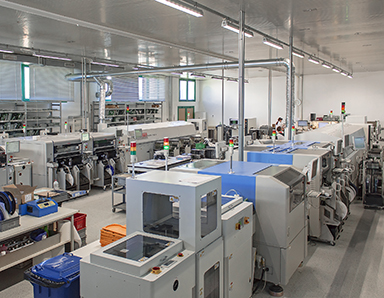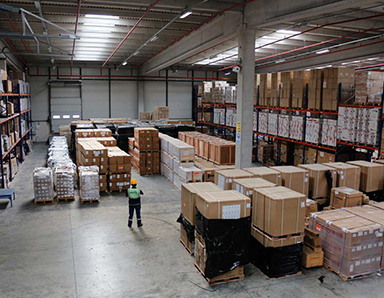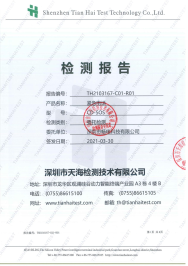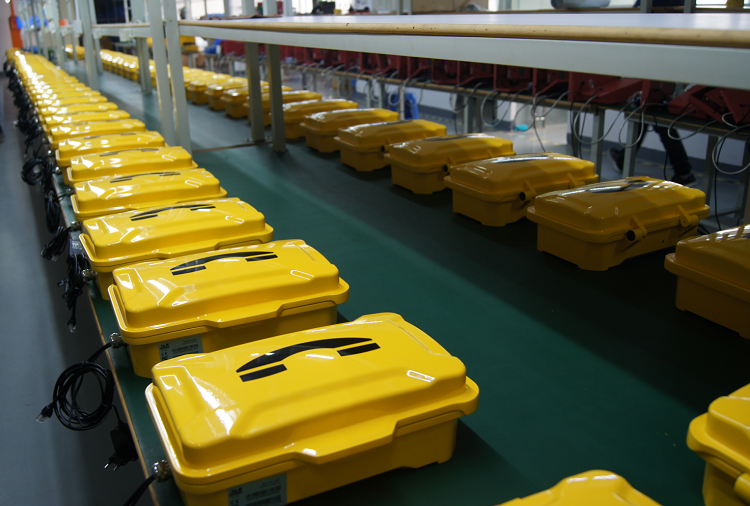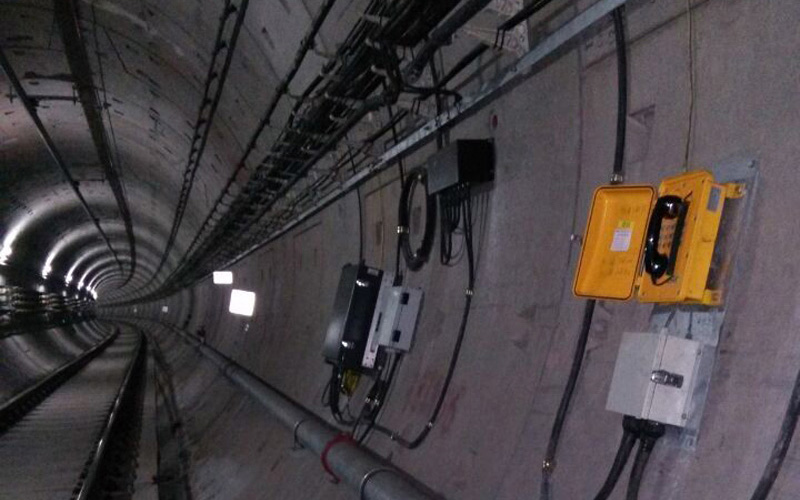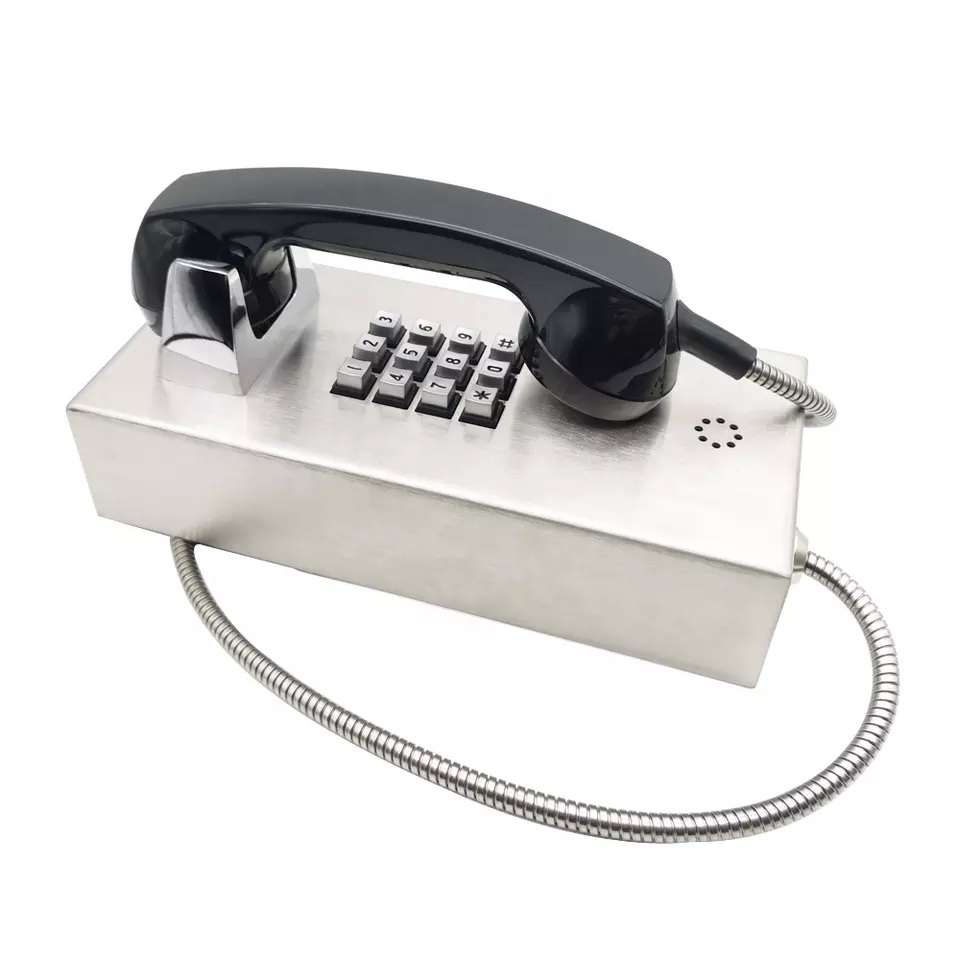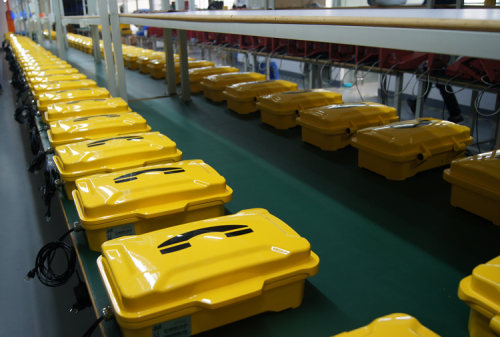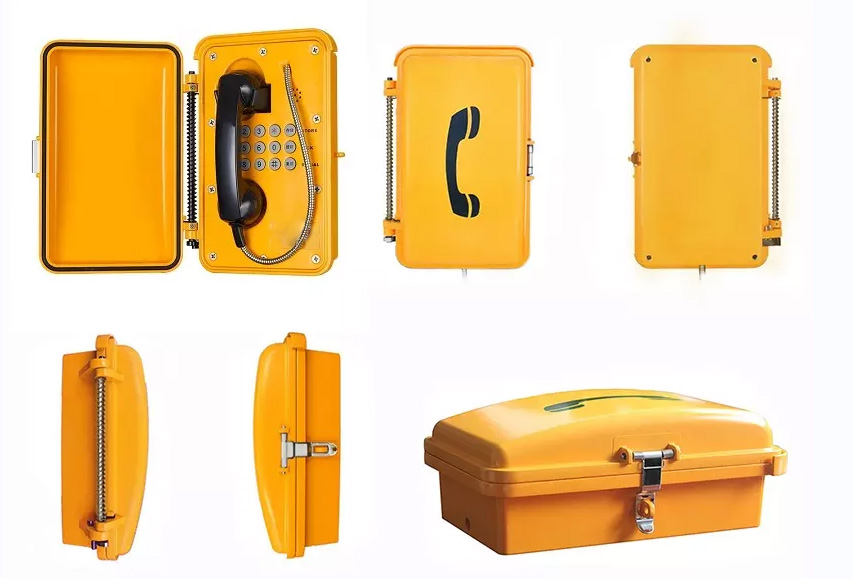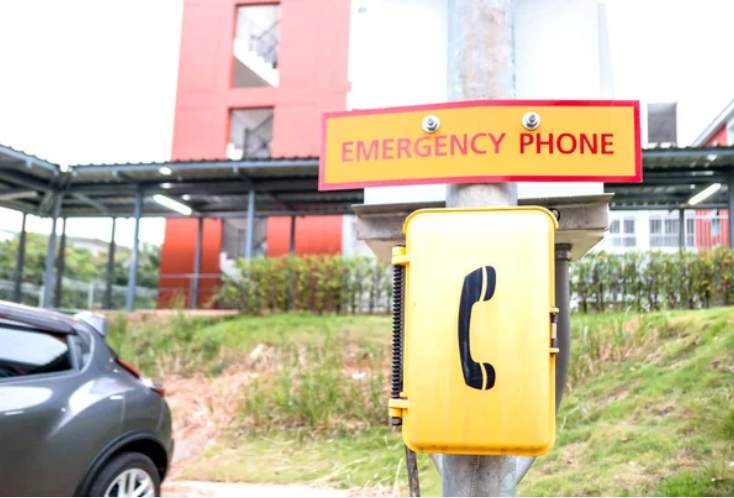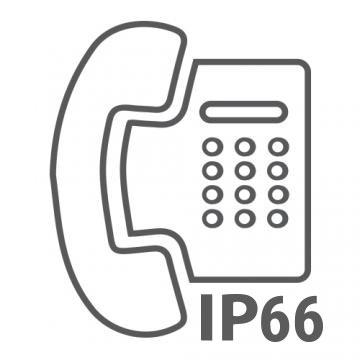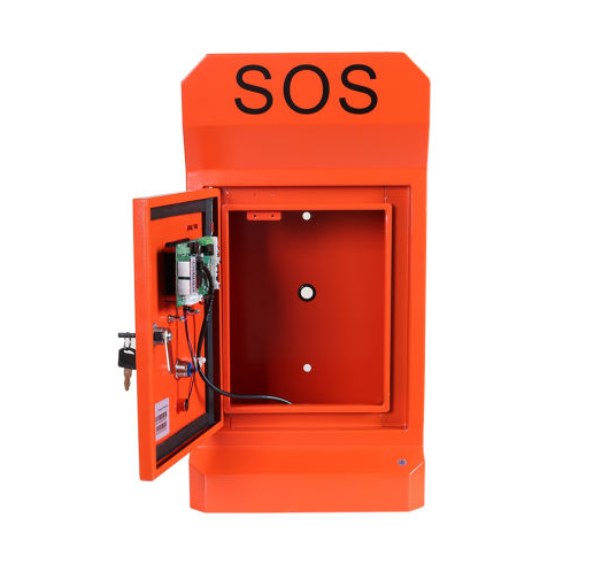Explosion-proof telephones are communication devices designed for use in hazardous environments where there is a risk of explosion due to the presence of flammable gases, vapors, or dust. These environments include oil and gas refineries, chemical plants, mining operations, and other industrial facilities.
Explosion-proof telephones are built to withstand extreme conditions, including high temperatures, pressure, and impact. They are typically made of heavy-duty materials, such as stainless steel or aluminum, and are designed to prevent the ignition of explosive gases or dust.
Explosion-proof telephones may feature specialized features such as intrinsically safe circuitry, sealed and reinforced housings, and spark-free construction. These features help to minimize the risk of electrical discharge and sparks that could ignite flammable materials.

Explosion-proof telephones are typically wall-mounted and are designed to be used in areas where there is a high risk of explosion. They may also feature loudspeakers and microphones with noise-canceling capabilities to ensure clear communication in noisy environments.
Overall, explosion-proof telephones are an essential communication tool for industrial facilities where safety is a top priority. They provide reliable communication in hazardous environments, helping to ensure the safety of workers and prevent accidents.

 English
English











